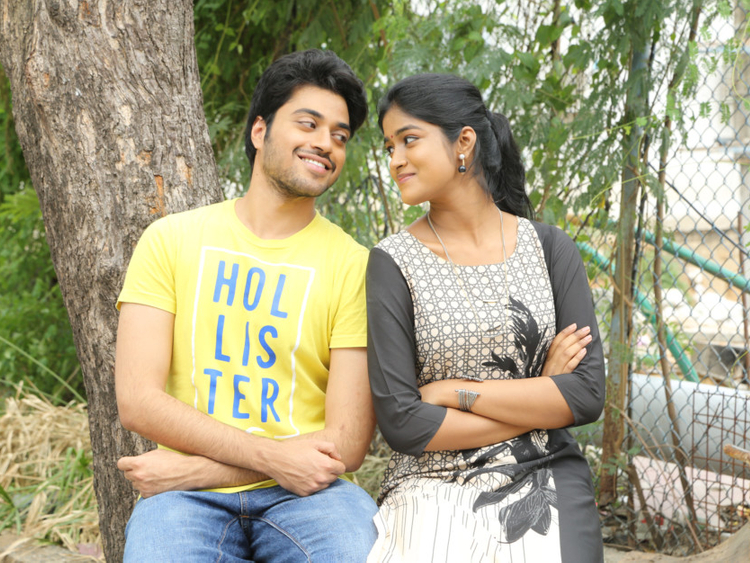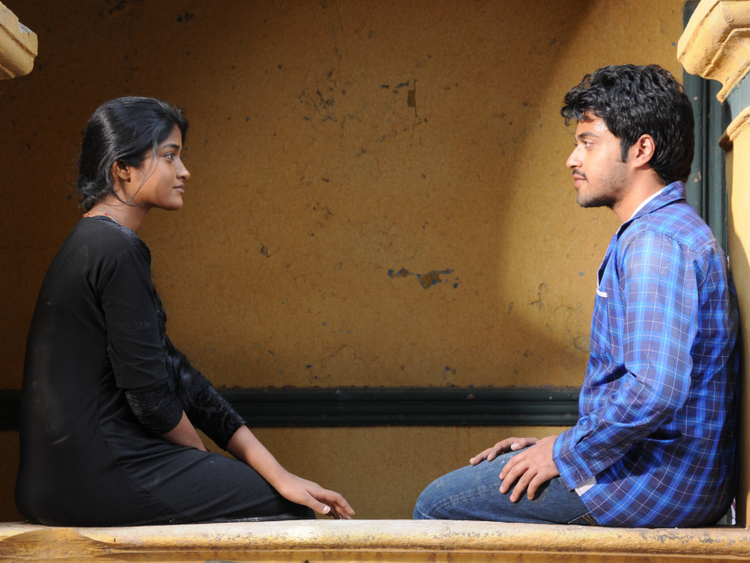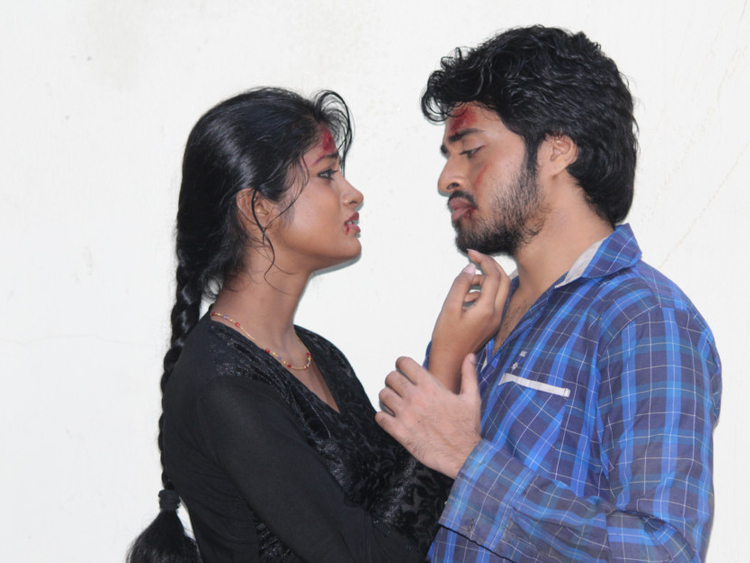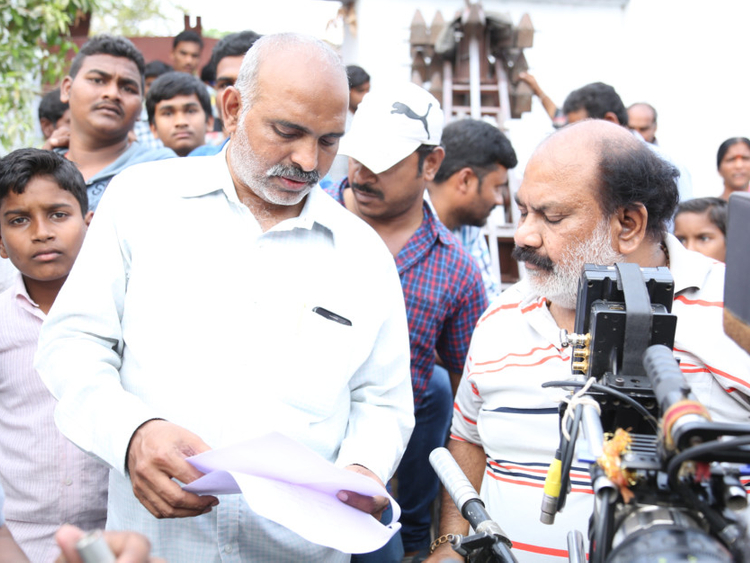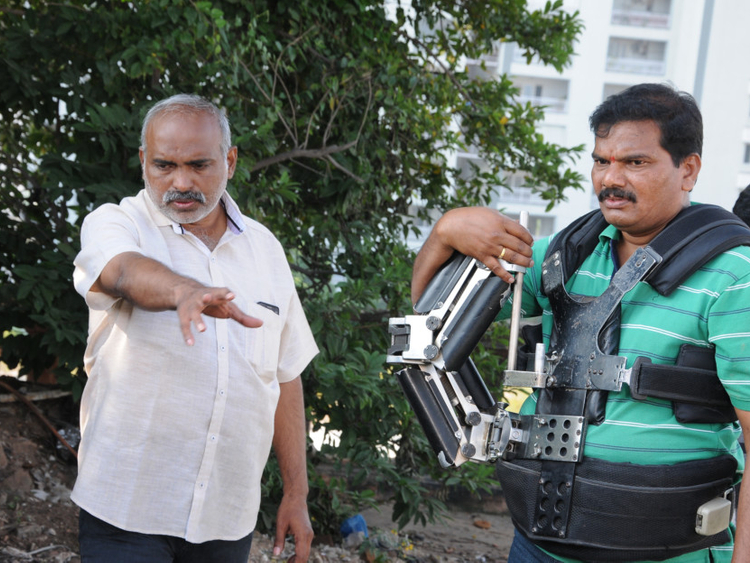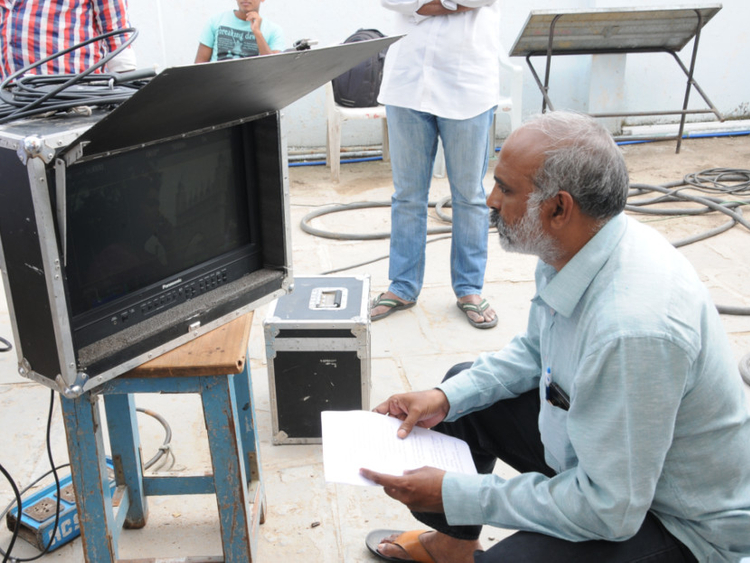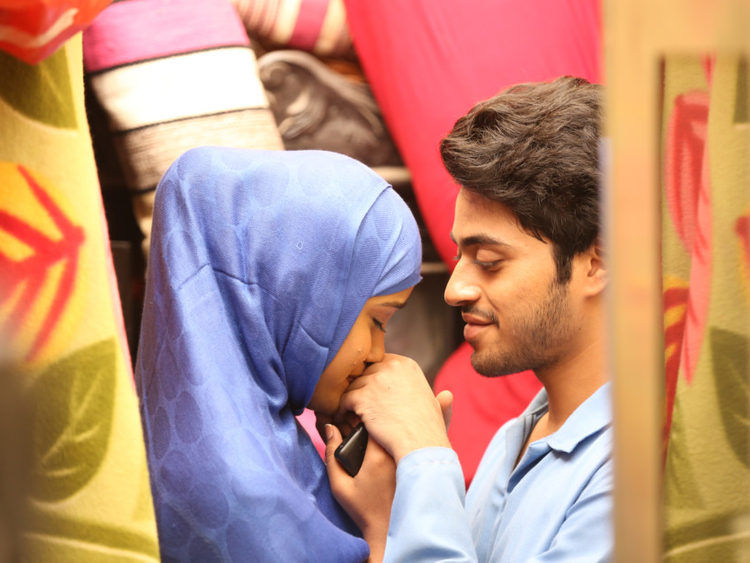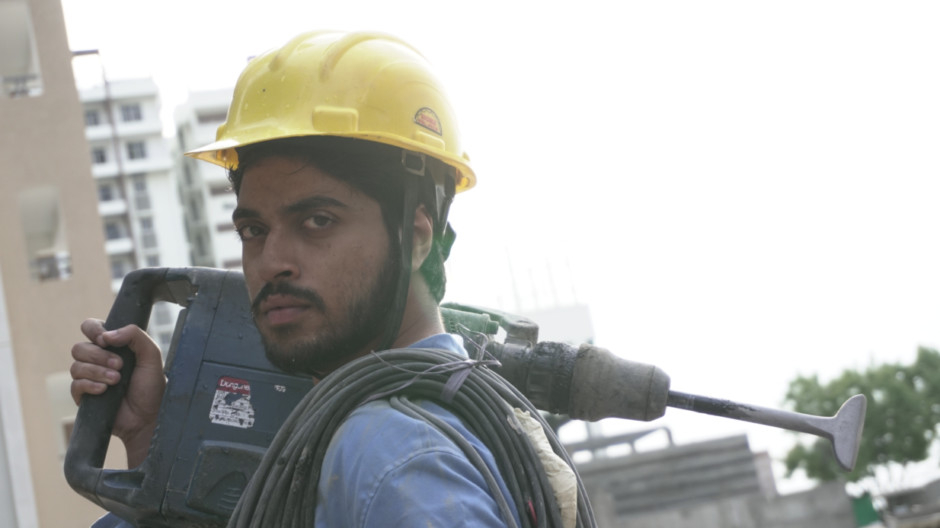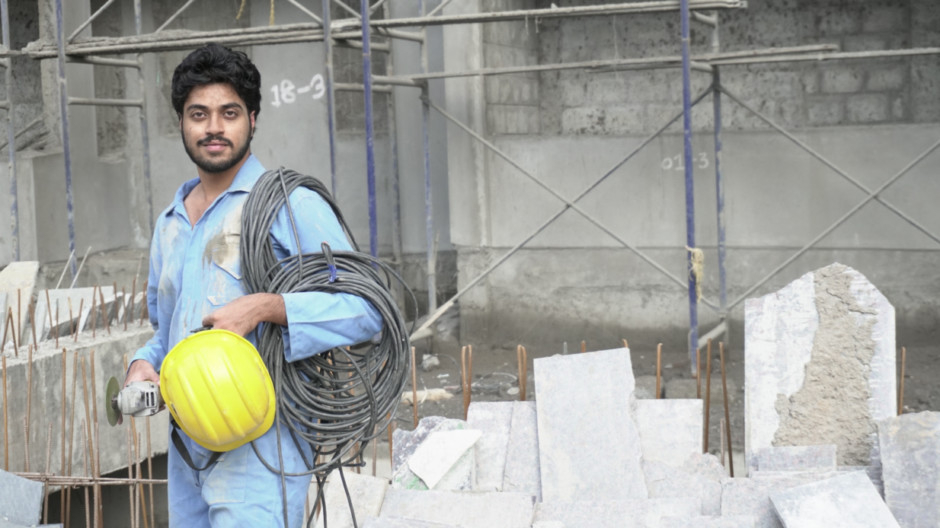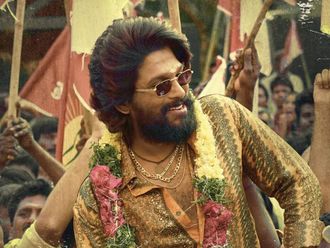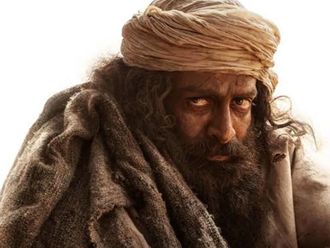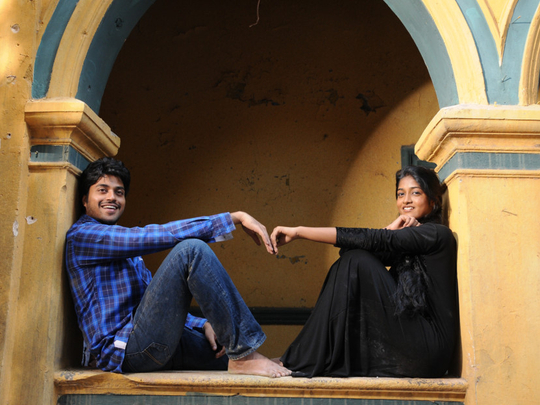
Here’s one director who refuses to take credit. In tinsel town where plagiarism is common and people go to great lengths to project themselves, Suneel Kumar Reddy stands out for his simplicity and down-to-earth attitude.
The mechanical engineer-turned-journalist-turned filmmaker gives the story credit for his movie Gulf to the 400 workers he’d interacted with as part of his research. “Actually, the story writers are those who shared their experiences with me. With their inputs, I was able to present this emotional journey on screen,” Reddy says.
The film is scheduled to release this week in India, the Middle East, Australia, the US and Kenya.
The director, who has won 18 Andhra Pradesh state awards, is amazed that no mainstream filmmaker has so far made a caper based on the lives of Gulf immigrants.
In an exclusive interview, Reddy tells tabloid! that although Indian blue-collar workers have been coming to the Gulf for more than 47 years, no mainstream cinema has been made so far to look into their issues.
The story revolves around a boy from Telangana and a girl from Andhra Pradesh who dream about a happy life together. How they are exploited by agents and middlemen forms the crux of the story interspersed with the travails of blue-collar workers. “I didn’t want the film to be one-sided, so I’ve included some success stories too where some people have become independent businesses, providing employment to several others,” he says.
Reddy, who hails from Andhra Pradesh and is respected as a director of meaningful movies in Telangana as well, says about 2.5 million Telugus are working in the Gulf. For each individual working overseas there are at least three dependents back home. That’s almost 10 million and that’s nearly 10 per cent of the population of the Telugu states. Yet they are being neglected by their home country and states, he rues.
“This spurred me to take up this subject and I started doing my research and interacted with more than 400 people. I spent several days with them in their labour accommodation to study them up close,” he says.
The film has long been in the making. And he attributes it to the thorough understanding of the issues before going behind the camera. And that took him almost a year before actually sitting down to write the script.
Reddy says while working on films for Ramanaidu’s Suresh Productions he often flew to Europe via the Gulf region. During stopovers, he came across several Indians, and mostly from the Telugu states of Andhra Pradesh and Telangana, who travel out of their home country to chase the Gulf dream.
During those encounters he observed that it was not the hot weather or work-related strain that bothered these expatriates the most; it was the sense of loneliness. Many spend the prime of their lives overseas putting strain on the family structure.
The pain that their dependents face back home because of this separation is unmeasurable. Reddy says this moved him and set him thinking.
He says the deeper he delved into the issue the more insights he got from people working in the Gulf.
Young men and women borrow money at high interest rates to pay unscrupulous job agents. After landing, they realise they have been duped. Usually it’s not the same job or the salary they’ve been offered and find themselves deeper and deeper in debt. This happens because they lack proper skill sets and basic education. Some of them land in jail because they are unaware of the laws of the land and carry prohibited items sent by others.
“I have also come across others who have stayed here for more than 30 years in a sort of self-imposed exile. Psychologically speaking, they are caught in a honey-trap after taking an ‘emotional flight’ to escape ‘ground reality’ at home... Children grow up without their father’s care or mother’s love in the case of women working overseas,” he said.
“While the workers slog it out to provide for their families, their dependents spend lavishly... On the flip side, there are some Gulf NRIs [non-resident Indians] who project a false image of themselves. It’s hallucination at its best. They start believing their dream is true,” he adds.
Reddy cites a police officer in the Karimnagar district of Telangana that says 70 per cent of crimes are related to NRIs who fall victim to land disputes, cheating, jealousy, exploitation and waywardness among children because of single parenting.
“It is tragic that when a worker dies, it takes several weeks or months to repatriate the body. Several governments have come and gone, but no one has addressed this issue at the central or state level,” Reddy says.
“Another painful reality is that after 60 they cannot stay in the host country due to the labour laws nor are they wanted back home. He’s always considered an NRI,” he adds.
“They are subject to tremendous emotional trauma. The successive governments have failed to respond and reciprocate in a humanitarian way for all their sacrifices and contributions,” the director says.
Reddy reveals that Gulf NRIs remit almost Rs250-300 billion (Dh139-167 million) per annum, which helps the rural economy and also provided foreign exchange to the central coffers. The filmmaker wanted to make this film as an acknowledgement of their contribution to the nation.
Before he could be asked if it’s a docu-feature, Reddy says it’s not an art house movie or a documentary. It’s an out and out commercial film with a mix of romance, song and dance and lots of action as well. Being a journalist, he says, he didn’t want to be judgemental.
“Everyone has their own viewpoint. Instead of presenting things in just black and white, I strived to look at grey areas, too. At the same time I have taken precaution not to generalise things or typecast people. We should not confuse between a person and the people,” he says.
He elaborates: “If we convey something like a documentary, it may create an impact but not will not convey emotions. If a lasting impression has to be made you need to act fiction to that.
“I don’t consider Gulf as a regional Telugu film. I see it as a South Asian film, especially in terms of its emotional appeal. I’ve been to Nepal, Bangladesh and Sri Lanka during the course of making this film. I see several similarities in people from those countries working in the Gulf. Names are different, places are different, currency is different — but experiences are all same,” Reddy says adding, “I don’t believe cinema is just for entertainment. It is a means of education and creating awareness.”
He also believes strong content also needs to be presented well. So to provide a proper visual experience for his audience the director has roped in the colouring team that worked for Baahubali 2, using post-production facilities at Annapurna Studios to get best technical values.
Don’t miss it!
Gulf releases in the UAE on October 13.



